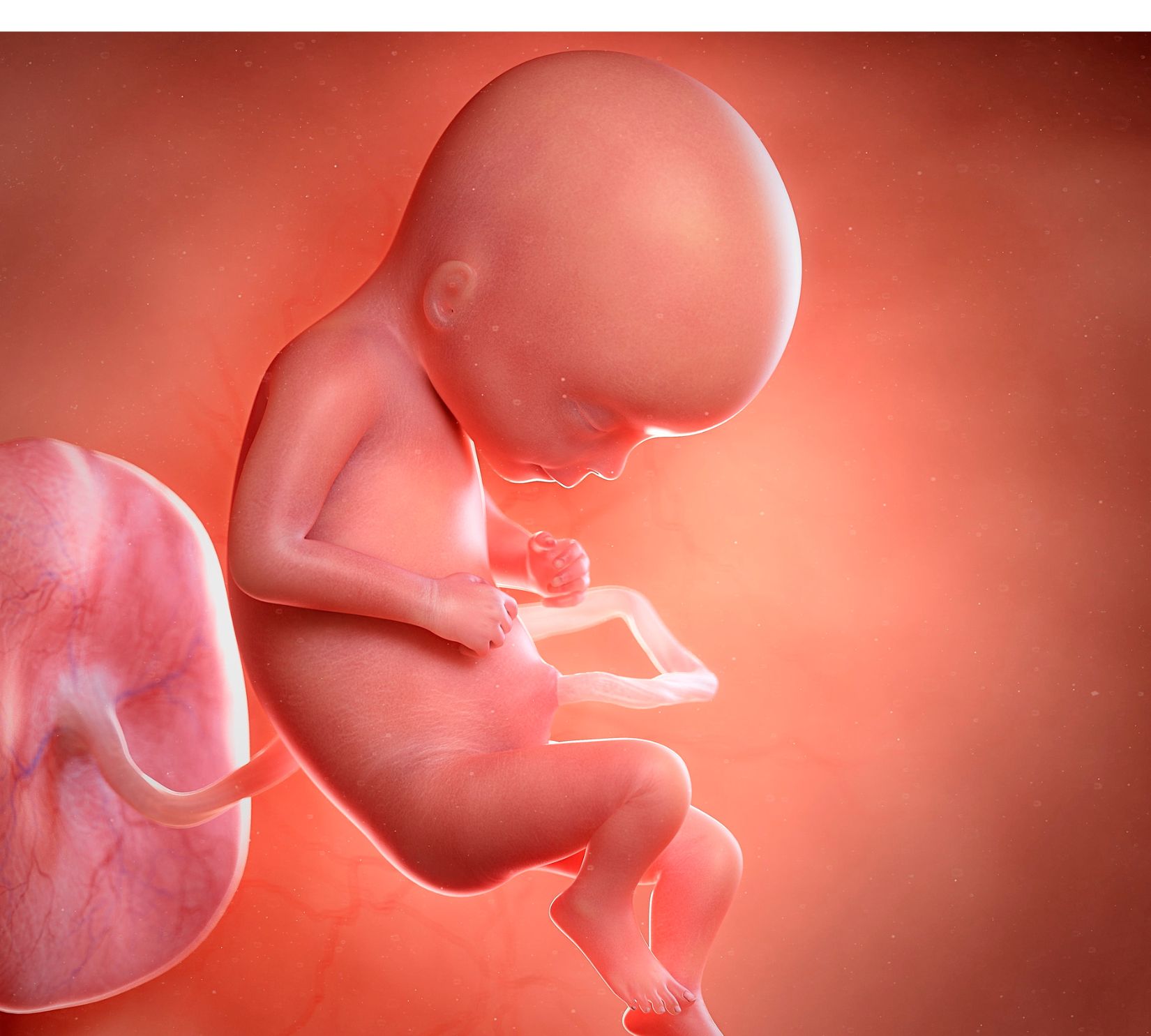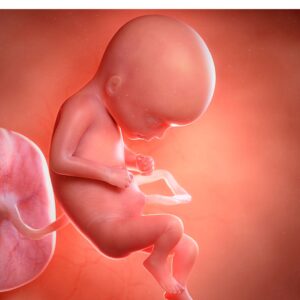Rosa Trujillo Bolaño
Psychologist specializing in Health Psychology.
ESCOLA RURAL DE SAUDE DA LIMIA
Human life is a mystery. There is an indissoluble union of the body (the flesh), our mind (our ability to feel, reason, think, our conscience), our brain, and the spirit, the vital breath.
Feeding in our mother’s womb is our first emotional and nutritional relationship. What she feels, what she lives, what she eats is both our first affective and cellular nutrition. Food, as well as emotions, pass directly through the umbilical cord. Our mother transmits us food, but also emotions, language, culture. The bond is so close that sometimes it cannot be separated.
Eating habits are rooted and memorized in a family, in a language, in a geographical, territorial, spatial space, in a culture and in a historical moment.
What we eat affects how we feel, and how we feel affects how much and what we eat. It is said that the intestine is our second brain, and our diet can affect our mood. This brief reflection may raise questions, but it certainly gives food for thought; It is subject to the search for research, which is many, however, it is not our objective to list what exists in the scientific world of psychologists and nutritionists. We have explored and reviewed some of them, aimed at exploring the relationship between food and states of pleasure or displeasure, and how stressful mood states often turn people into emotional eaters.
The so-called emotional eating refers to this link, for example, those people who, due to anguish, desperation, depression, anxiety, or others, resort to excessive food intake or its suppression. It has been found that emotions can affect our digestion.
People report that they have a lump in their stomach or throat, they touch their esophagus, and they say they cannot swallow. Occasionally they may have nightmares, and a web of emotional images associated with the act of eating. When this is repeated, an eating disorder could develop. In these cases, people should seek medical and psychological help quickly, since eating disorders can lead to very complicated diseases that even lead to death.
Seeking awareness about our emotional states, and learning tools to manage our emotional states, can lead us to greater balance and well-being. Our knowledge of foods, how to combine them, and the effects they cause can generate greater happiness for us.
The difficulty in regulating mood states that cause us unpleasure has a lot of influence on the appearance and maintenance of eating disorders.
At the Escola Rural de Saude da Limia we offer simple alternatives that can help us realize why?, and how to improve the learning of simple tools such as breathing techniques, awareness of the moment, meditation, relaxation techniques. There are aspects associated with thought and language that allow us to become more aware of the motivations that are in our actions and behind them. They can give us keys to live a healthier life, and feel better, or at least, aware of our decisions, and the consequences that they bring or can bring to our health and those of others.
It is important to know that we are not alone; There are associations and people to whom we can turn if we so decide, a word, a gesture, can be essential when we find ourselves helpless and without knowing what to do.



